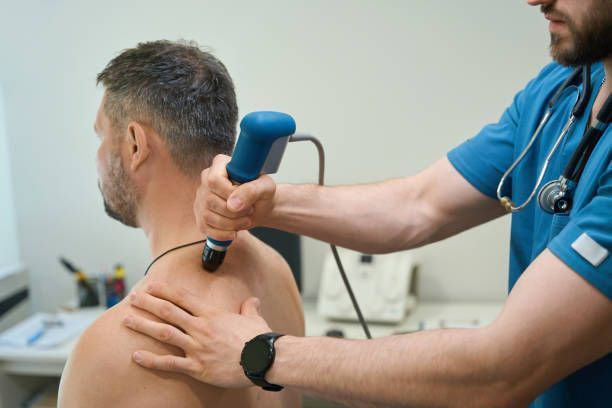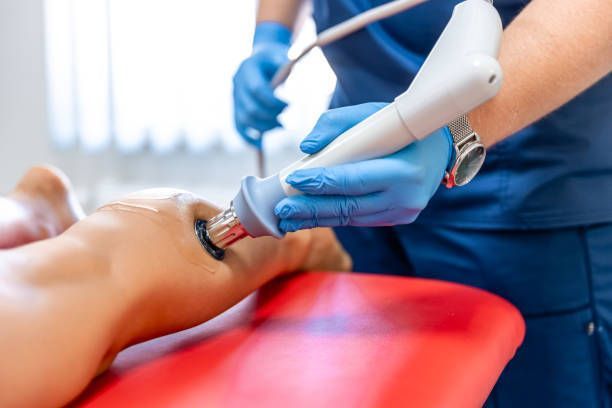A concussion or mild traumatic brain injury (MTBI) is most often caused by a sudden direct blow or bump to the head which causes a temporary loss of neural activity.
The following are common concussion symptoms:
Absence of consciousness or altered consciousness, headache, confusion, disorientation, vision disturbances, dizziness, nausea or vomiting, impaired balance, memory loss, tinnitus or ringing in the ears, difficulty concentrating, sensitivity to light, emotional changes, and loss of smell or taste.
Here are some interesting statistics:
An estimated 1.7 million people sustain a traumatic brain injury (TBI) annually.
TBI was a diagnosis in more than 280,000 hospitalizations and 2.2 million ED visits, and contributed to the deaths of more than 50,000 people. These consisted of TBI alone or TBI in combination with other injuries. According to the US Department of Health and Human Services, TBI is a contributing factor to a third (30.5%) of all injury-related deaths in the United States.
About 75% of TBIs that occur each year are concussions or other forms of mild traumatic brain injury (MTBI). Direct medical costs and indirect costs of TBI, such as lost productivity, totaled an estimated $60 billion in the United States in 2000.
What causes mild traumatic brain injuries?
As stated earlier, MTBI is most often caused by a sudden direct blow to or bump to the head. This can be caused by motor vehicle accidents, work related injuries, assaults, blunt trauma, falls, and sports related injuries.
Diagnosis and treatment of individuals seeking medical care for MTBI starts with a patient history and physical exam.
Your doctor may order additional tests including imaging such as a head CT or possibly MRI. These imaging techniques are valuable in assessing gross lesions however they do not identify microscopic lesions.
This is where diffuse tensor imaging (DTI) plays a very important role. Microscopic damage to the white matter occurs with MBTI. DTI can identify microscopic tissue damage and examine the white matter tracts. The microscopic damage or Diffuse Axonal Injury (DAI) is caused by acceleration and deceleration forces or rotation forces acting on the head which leads to the axonal shearing.
Your treating doctor may also refer you for neuropsychological evaluation as a result MTBI.
A typical neuropsychological assessment will include a clinical consultation and testing to determine if there are deficits in attention and information processing, memory encoding and retrieval, and executive function.
For headaches, acetaminophen (Tylenol) is recommended. Other pain relievers such as ibuprofen (Advil, Motrin IB) and aspirin, are not recommended because these medications may increase the risk of bleeding.
As always, early diagnosis is important for the best outcome.
If you suspect mild traumatic brain injury please call and consult with your doctor or go to the nearest emergency room for treatment.
Visit AANS.org and NIH.gov so you can learn more.



